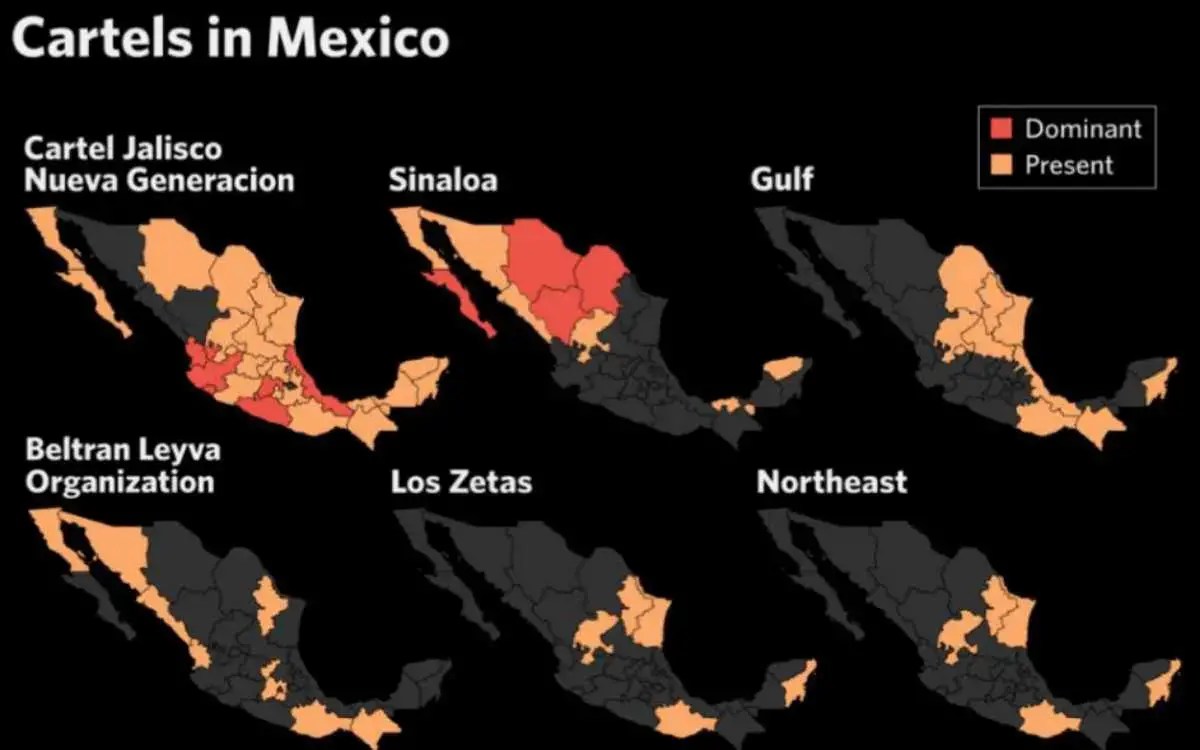German leaders have admitted that the bind Germany finds itself in is largely self-inflicted. The choice to make the country dependent on Russian energy was a "grievous mistake," said Germany's Economy Minister Robert Habeck.
Despite repeated warnings from allies, German politicians forged ahead with their Russian business partners, loading the gun the Kremlin now holds to Germany's head.
The ruling Social Democrats met this week to
consider expelling former chancellor Gerhard Schroeder for his role in hooking Germany up to Russia, which won him lucrative seats on the boards of Russian energy companies.
(...)
Some Ukrainians say there's also a question of backbone. Did Germany really have to blink first? Could it have stared down the Russians — who, after all, have to sell their gas to someone?
India and China may be able to absorb Russian oil, but gas is not so simple.
A background document prepared by Ukraine's Ministry of Energy explains Russia's difficulty: "Gazprom operates 73 bcm of storages in Russia and can place nearly 1.3 bcm of gas in storages in FSU (former Soviet allied) countries.
"Gazprom has very limited options to use more gas inside Russia or to convert it into LNG and ship elsewhere. Its export pipeline to China is not connected to the fields that supply Europe. Therefore, the gas cannot be redirected there …"
"… Gazprom will run out of storage space in August."
Once Russia has no more storage capacity, it will have to either resume deliveries or cap its wells, say the Ukrainians, who argue that Germany holds more cards than it thinks it does.
And they can point to a recent example of another country that stood up to pipeline blackmail.
Recently, after Kazakhstan's President Kassym-Jomart Tokayev
publicly disagreed with Russian President Vladimir Putin and said his country would not recognize the breakaway republics of the Donbas, Russia's state oil company cut off a pipeline essential to Kazakhstan's economy, citing environmental problems.
But the Kazakh government didn't blink and instead began talks with western companies about going around Russia via Azerbaijan.
Russia reversed course this week, allowing the
pipeline to reopen and slapping the Kazakhs with a face-saving fine of $3,250.



